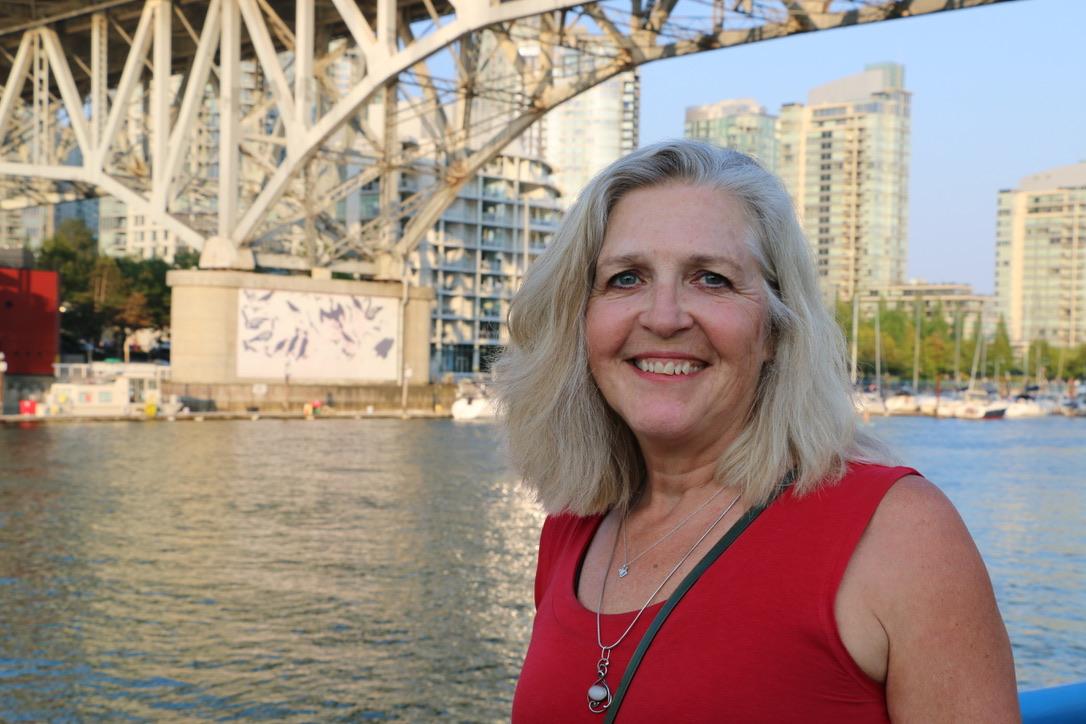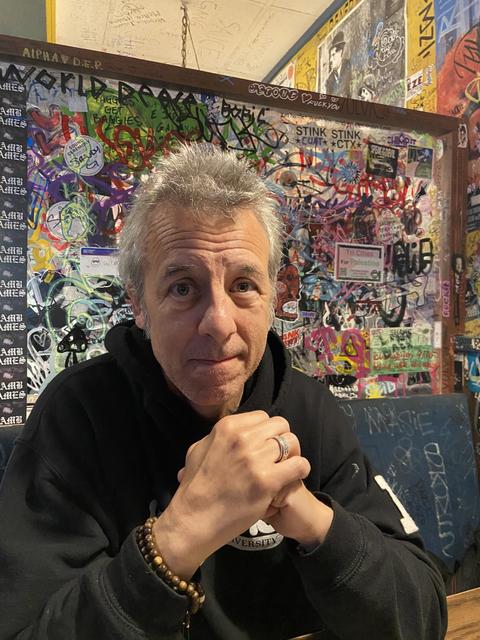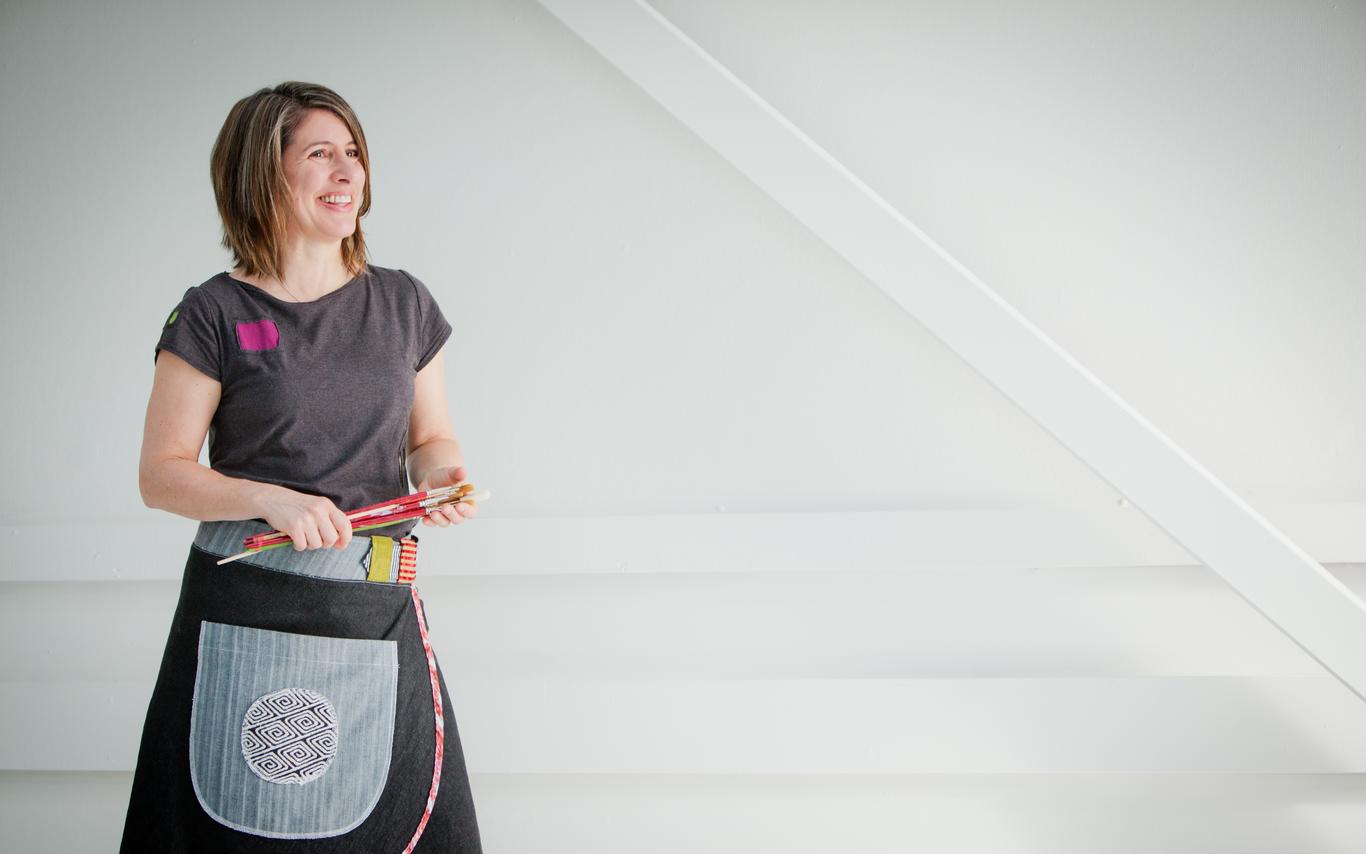
Since its beginning in 2009, the Arts and Humanities Colloquium Series has engendered conversations about ideas among members of the Arts and Humanities Faculty and their communities both at VIU and in the mid-Island region. Our presenters have shown how important the arts and humanities are to understanding today’s world. We are delighted to share exciting scholarly and creative work with our audiences and invite you to join us in 2025-26.
Spring 2026

Visual Expressions of Community, Connections, and Home
February 13, 2026 | 10 to 11:30 am
Malaspina Theatre
Debra Pentecost
Professor of Media Studies and Sociology
Dept. of Media Studies and Dept. of Sociology
“Visual Expressions of Community, Connections, and Home” is a photovoice project, and the result of a community-university partnership between Debra Pentecost, faculty professor in Media Studies at Vancouver Island University, and Creekview Housing Co-operative, where Pentecost has lived as a long-time member. When a city planning proposal was released to the public, revealing plans to demolish the housing co-operative and replace it with a 50-story high-rise building, Pentecost embraced the potential for a different method of public outreach, one that would allow fellow co-op members to come together in a collaborative, participatory, and creative action-based research project, using their own photographs and storytelling to capture and convey their experiences of community, and their connections with the people, the neighbourhood, and the place they call home.

Graffiti as Experience: Inside versus Outside Viewing
March 27, 2026 | 10 to 11:30 am
Malaspina Theatre
Justin McGrail
Chair, Visual Art Program
Professor of Art History
Dept of Art and Design
Where we look at an artwork, strongly influences what we see in the artwork. This is especially true when it comes to graffiti and street art, where the viewing experience strongly influences the interpretation. When graffiti and street art are "brought inside" and displayed in a gallery setting, it arguably changes even the meaning of the work. Using recent examples seen in three different, Victoria locations (Art Gallery of Greater Victoria | Tracks | Cook Street Village), I will compare the ideas generated by the different settings, contrast the viewing experiences, and reference the ideas found in John Dewey's Art as Experience.
Please email Bryn.Skibo@viu.ca if you would like to be added to our mailing list.
